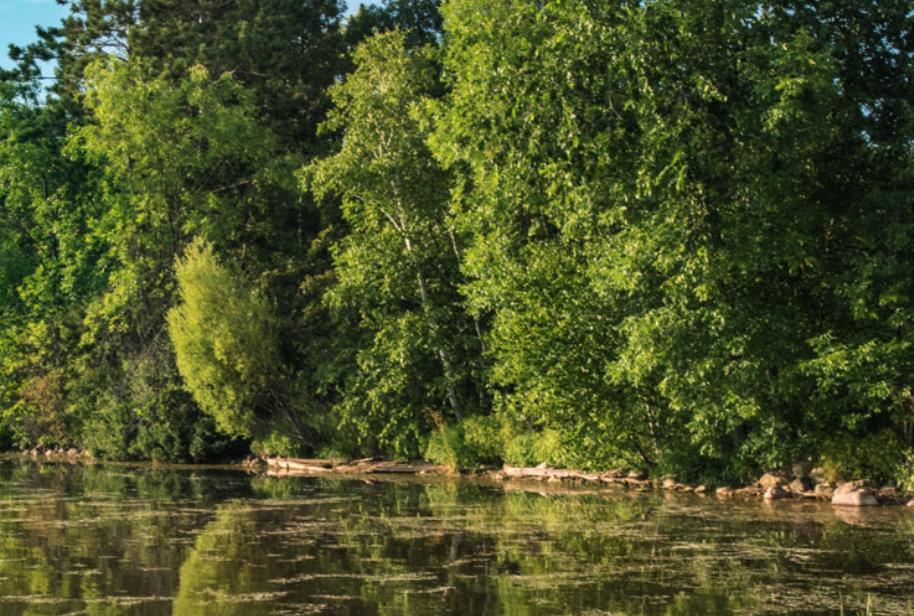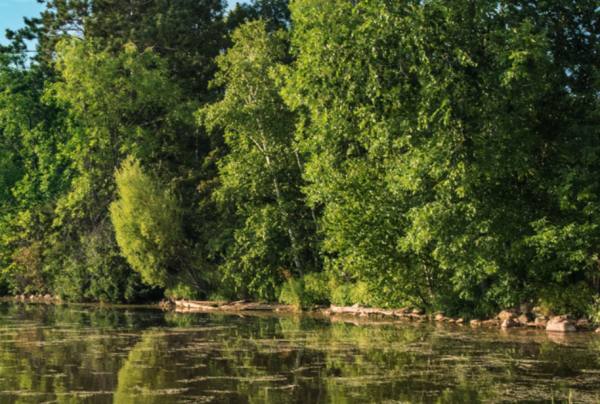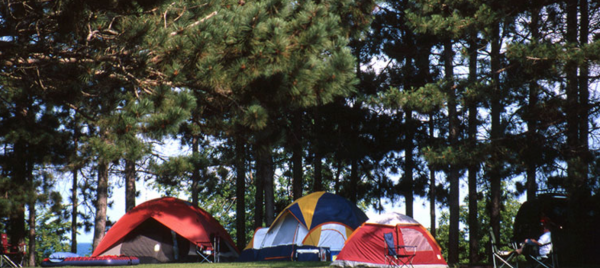KID REPORTERS’ NOTEBOOK
Understanding the Vital Role of Trees


Trees provide a range of benefits to our environment, including helping to purify the air and water.
What role do trees play in protecting our environment? In addition to providing shade, trees produce oxygen and purify the air we breathe by removing harmful particles from the atmosphere.
Trees are the biggest plants on our planet. They help improve water quality, including the water we drink. When it rains, trees act like umbrellas, slowing absorption of the rainfall and serving as natural filters. This protects lakes, rivers, and streams. Trees also add natural beauty to our surroundings.
To learn more about trees in my home state of Minnesota, I spoke with Laura Duffey, an education expert at the Minnesota Department of Natural Resources (MDNR). “Many trees that are native to our area are host trees for caterpillars, which birds like to eat,” she said. “So if you want songbirds around, you better have trees.”
There are 53 native tree species in Minnesota, including the cedar, elm, maple, and pine. The trees provide shelter for a range of animals, not just birds and caterpillars.
Tree roots help stabilize the soil and deliver nutrients, preventing erosion and helping to keep plants and wildlife healthy. If the soil is eroding in your area, planting a tree can help make it stronger.

According to the MDNR, almost one-third of the state of Minnesota is covered in forest.
CONNECTING WITH NATURE
The MDNR, which is a government agency, protects and manages our waterways, land, fish, and wildlife. According to the agency’s website, trees “enhance the quality of our lives” by “removing pollutants and particles from the air, providing natural sunblock that reduces the chances of sunburn, and reducing stressful noises.” Shady trees moderate the temperature, helping to cool streets and cities in the summer months.
Each year, the MDNR hosts environmental programs for local students. “I feel like youth nature programs give kids the chance to really connect with nature,” says Sara Wheeler Jimenez, 13, “and even inspire them to do more in helping the environment.”
